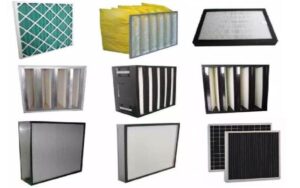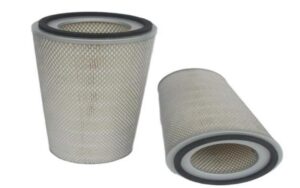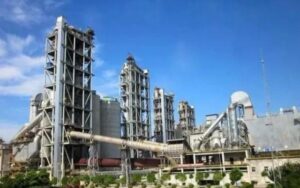High-Efficiency Particulate Air (HEPA) filtration has been a cornerstone in air purification since World War II. In light of recent global health concerns, understanding the mechanics and benefits of HEPA filters is more crucial than ever. This guide delves into what HEPA air filtration is, how it functions, and its significance in preventing the spread of airborne contaminants like the coronavirus.
Understanding HEPA Air Filtration
What Is a HEPA Filter?
HEPA stands for High-Efficiency Particulate Air. To qualify as a HEPA filter, a product must meet strict efficiency standards, specifically capturing at least 99.95% to 99.995% of particles as small as 0.2 microns in diameter.
HEPA Grades: H13 and H14
- H13 HEPA Filters: Remove 99.95% of airborne particles measuring 0.2 microns.
- H14 HEPA Filters: Offer even higher efficiency, removing 99.995% of particles at the same size.
These grades are considered medical-grade and are essential in environments where air purity is critical.

How Do HEPA Filters Work?
Composition of HEPA Filters
Traditionally made from interlaced glass fibers forming a dense web, modern HEPA filters may also use synthetic materials with specialized membranes to enhance filtration efficiency.
Mechanisms of Particle Removal
HEPA filters utilize multiple methods to trap particles:
- Straining (Sieving): Captures larger particles that cannot pass through the filter fibers.
- Interception: Targets particles that follow airflow lines but come within one radius of a fiber and adhere to it.
- Impaction: Involves larger particles unable to navigate around fibers due to inertia.
- Diffusion: Affects the smallest particles, which collide with gas molecules and are redirected toward filter fibers.
The Most Penetrating Particle Size (MPPS)
At 0.2 microns, particles are at the MPPS, meaning they are the most challenging to capture. HEPA filters are tested at this size to ensure efficiency under the most demanding conditions.
Particles Captured by HEPA Filters
Size Comparison of Common Particles
| Particle Type | Size (Microns) |
|---|---|
| Human Hair | 80 – 100 |
| Pollen | 100 – 300 |
| Bacteria | 0.2 – 10 |
| Viruses | 0.02 – 0.5 |
| Smoke Particles | 0.01 – 0.1 |
Effectiveness Against Viruses and Bacteria
Despite the small size of viruses like the coronavirus, HEPA filters are highly effective due to the diffusion mechanism, which captures particles smaller than 0.2 microns. Moreover, viruses often attach to larger particles, such as dust or droplets, making them easier to filter out.
Applications of H13-H14 HEPA Filters
Medical and Industrial Uses
- Hospitals and Operating Theaters: To maintain sterile environments and prevent infection.
- Pharmaceutical Manufacturing: Ensuring product purity.
- High-Tech Manufacturing: Such as LCD screen production, where even microscopic contaminants can cause defects.
Can Existing HVAC Systems Be Upgraded?
While it’s possible to retrofit HVAC units with HEPA filters, challenges include accommodating higher pressure drops due to the filter’s density. An alternative is installing standalone air recirculation units equipped with H13 or H14 HEPA filters.
Case Study: Filcom Umwelttechnologie
Company Overview
- Founded: 1994 in Austria
- Specialization: Air filtration solutions across various industries
- Expertise: Providing optimal filtration solutions with a focus on performance and cost-efficiency
About Thomas Nagl
- Joined Filcom: 2001
- Training: Specialized in air filtration through Freudenberg Filtration Technologies
- Current Role: Co-owner of Filcom Umwelttechnologie since 2005
HEPA Filters and COVID-19
Reducing Viral Load
HEPA filters can significantly reduce the concentration of airborne viruses, including SARS-CoV-2, by capturing virus-laden particles expelled through coughing, sneezing, or talking.
Recommendations by Health Authorities
Organizations like the CDC endorse the use of HEPA filtration as part of a comprehensive strategy to mitigate airborne transmission of viruses.
Enhanced Air Filtration Solutions
Portable HEPA Units
- Features: Hospital-grade filtration, portability, and ease of use
- Benefits: Ideal for reducing airborne contaminants in various settings, including medical facilities and public spaces
Integration with Existing Systems
When upgrading entire HVAC systems is impractical, portable units offer a flexible solution to improve air quality.
Conclusion
Understanding the science and application of HEPA air filtration is essential in today’s health-conscious world. Whether in medical settings, industrial environments, or public spaces, HEPA filters play a pivotal role in maintaining air purity and reducing the spread of airborne diseases.
For more information on advanced air filtration systems and products, consider exploring solutions offered by industry experts like koinfilter.






